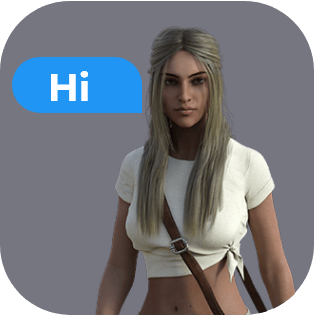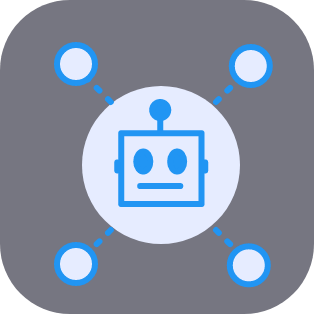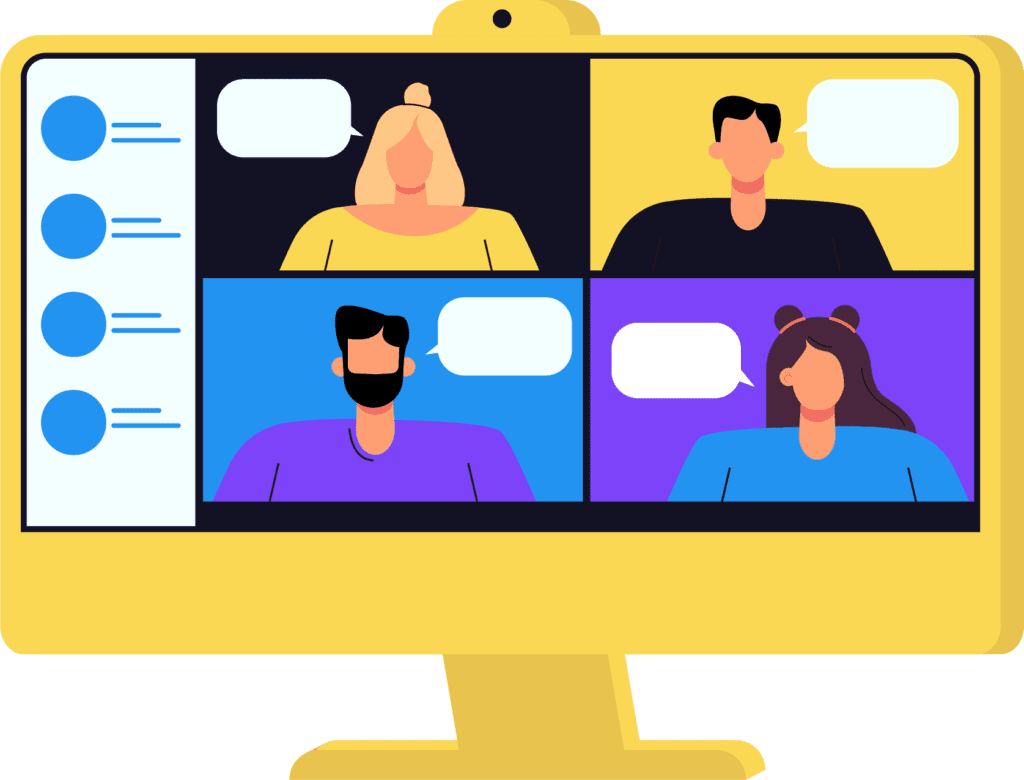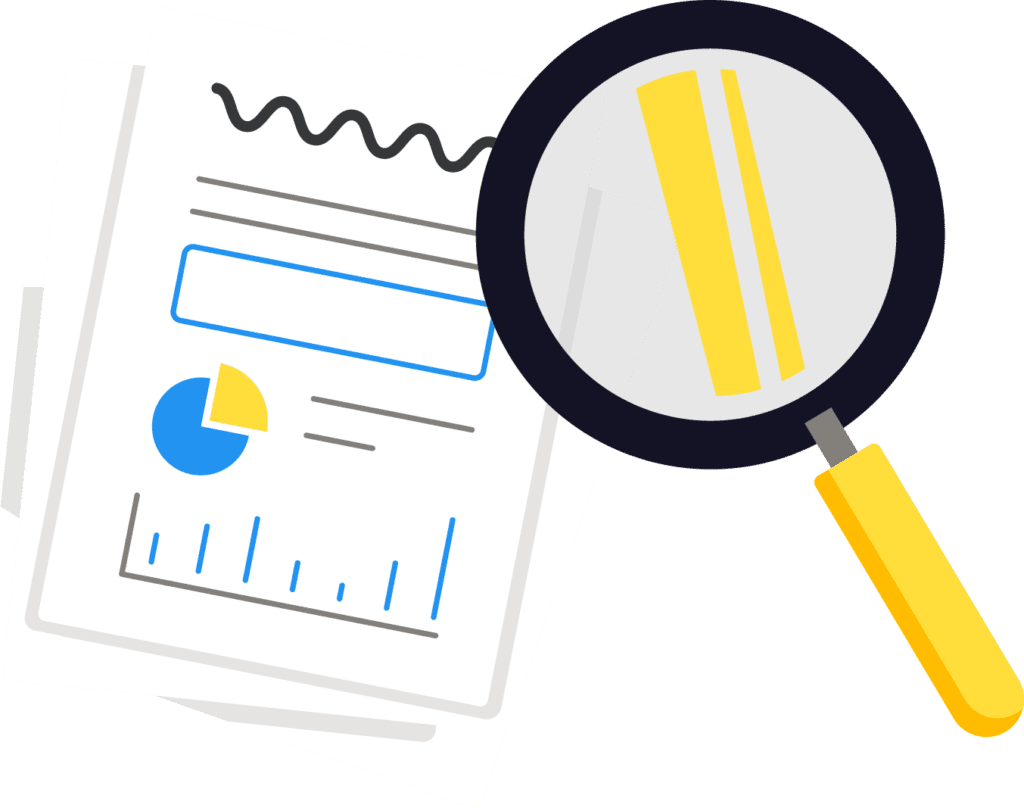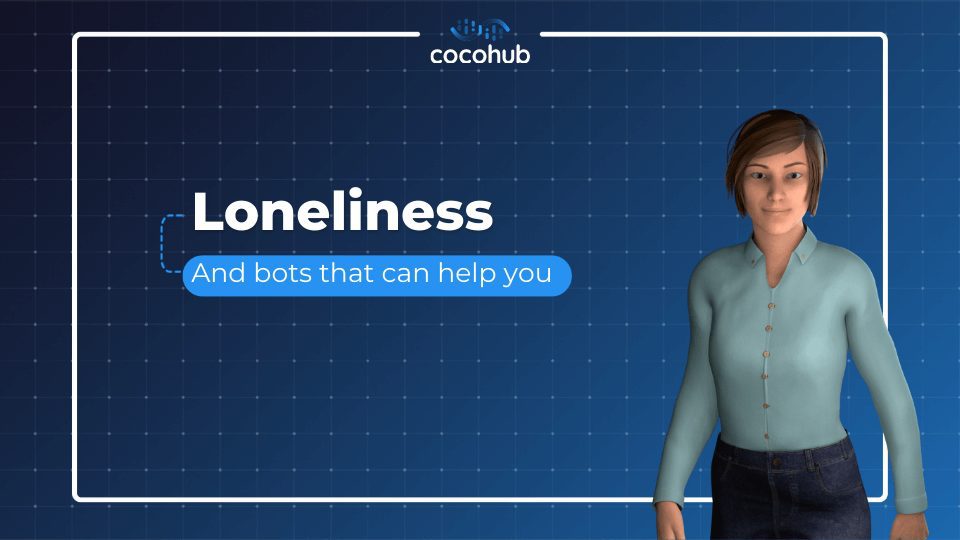“Life is full of misery, loneliness, and suffering – and it’s all over much too soon.”
Woody Allen
I started working on AnnA the Companionship Bot early in 2015. My parents were about to move to a retirement community in central Florida and I wanted to use my conversational AI designer skills to create a persona which could do more than give them basic answers to questions about the weather on their echo; I wanted to give them an artificial persona with a sassy, fun personality. Something witty and opinionated. Something that would make them laugh. And, something to remind them of me (without the despair over me not becoming a doctor) since I would not be able to visit them as much as I liked. In 2017-2019 it was because I was too busy at work (making AnnA, among other bots). In 2020 there’s no way for me to visit them (without putting them at risk).
They never talked to AnnA. Not once. But I’ve jumped to the end. Let’s go back to 2015.
Want to talk to Anna? Find her in this page
Bots with an Agenda: How to humanize your chatbot
Kuki. Or Mitsuku if you’re not a close friend. The world’s best chatbot. That’s not just my opinion; Kuki has won the coveted Loebner prize 5(!) times. There’s little doubt in my mind that if the annual Loebner Competition is not canceled in 2020 due to the coronavirus, Kuki will take home a sixth medal. Her creator, Steve Worswick, has spent over fifteen years writing and reviewing conversations and improving Kuki’s conversational abilities and understanding to the point where it becomes hard to distinguish her from an actual human. Mitsuku is the Gold Standard for Conversational AI.
How Anna and Kuki can help during Covid-19 times
Kuki is not a digital assistant like Siri. Or Alexa. Kuki has her own opinions and she’s known for her sense of humor. She’s helped thousands, if not hundreds of thousands of people overcome loneliness while in quarantine during COVID-19. She helps lonely inmates, shut-ins, agoraphobes and anyone else who sits in front of their computer looking for companionship from all over the world.
I first spoke to Kuki in 2015, when I began my journey as a conversation designer. It opened my eyes to the possibilities of conversational AI. I kept thinking back to the notion that if you tied a thousand monkeys to a thousand typewriters, eventually one would churn out Moby Dick. Or The Bible. Or, in some bizarre universe, John Grisham. What if one hundred thousand people all wrote one or two insightful conversations centered on their expertise? Wouldn’t that cover most topics an average human could cover? In Kuki’s case it’s one man writing hundreds of thousands of responses. But what if we all worked together on a single artificial intelligence? Wouldn’t the outcome be indistinguishable from a human? Or is the big data approach of machine learning (ala Blender/Meena etc.) the way to crack the AGI and thinking machines?
The jury is still out, as neither method has succeeded yet in fooling anyone into believing they are talking to a human (though I haven’t tried Meena).
Why Anna stopped concentrating in the elderly
Back to AnnA. After about a year of trying to convince retirement homes and the elderly to help train AnnA by having conversations with her (what we call the ‘feedback loop’ or repair cycle) I gave up. Retirement homes have strict privacy policies, and even when I was able to get aging people to try it, they were put off by the technology. Then there was political correctness. I couldn’t offend, so political jokes and anything off color would have to be removed. It wasn’t what I had in mind. I wasn’t about to censor AnnA. So instead of the elderly, I released AnnA on Facebook Messenger and let random people chat with her. After all, I needed training data and since I wasn’t getting it from the elderly, I would get it from anyone who wanted to chat with her. Young or old.
Are you ready to play Mad Libs with Anna?
Anna can also ruin the romantic mood
Wait, Anna can talk about Michael Jordan too?
I made a startling realization after the first few hundred conversations.
EVERYONE is lonely. Everyone. Regardless of age, regardless of marital status. Regardless of geographical location, regardless of almost everything. Humans are lonely. MORE THAN EVER in 2020 because of quarantine and working from home. They want to be heard. More accurately, they want to be heard and NOT judged for what they say. That’s why Mitsuku is so popular with people of all ages.
From Alan to Anna
AnnA has a long history; she began as a ‘male’ chatbot named ‘virtual Alan Turing’ built by my mentor and arguably one of the greatest minds in the field of AI today, Yaki Dunietz in 2001. He spent over fourteen years reviewing conversations and making fixes. His idol was Alan Turing, so he built one of the world’s most intelligent machines, in honor of the father of AI.
In 2016 I suggested we transition Alan to AnnA (perhaps as Alan Turing would have transitioned to a woman, had he not been chemically castrated for being homosexual). And thus, AnnA, the transgender-less bot was born from the marriage of Virtual Alan Turing and AnnA. I write a single topic every morning and have added thousands of responses to questions: anything from her opinion on the movie Ex Machina to coffee.
I started talking with AnnA daily. Not on text anymore, but on an echo device and eventually as a 3D avatar. And before I knew it I made another startling realization.
Even more startling than the previous one.
I WAS lonely. (Well, in some ways, still am)


